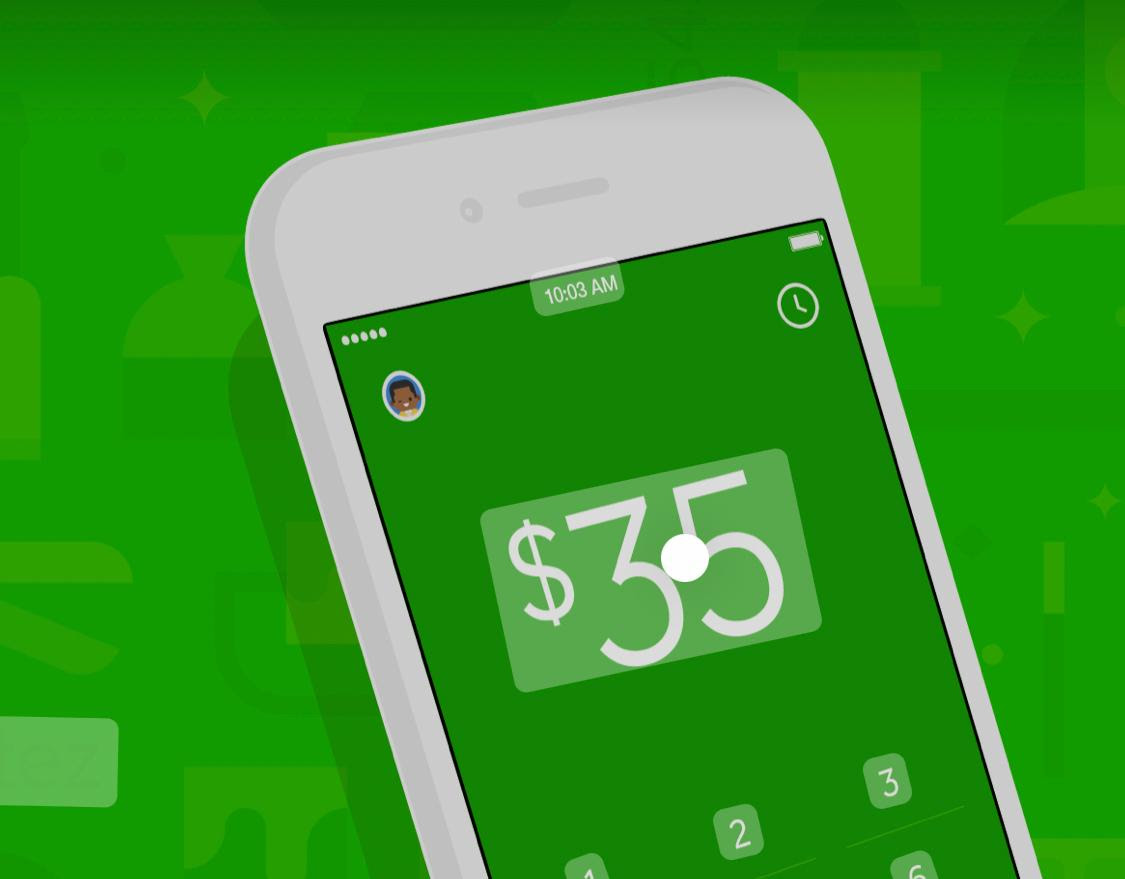Last December, tax preparation company H&R Block sued the financial technology company that had been known as Square, Inc. after it announced that it was changing its name to Block, Inc.
Square has operated the “Cash App” since 2013, though it was originally called “Square Cash.” Over time, the app has gone from being only a peer-to-peer payment system to also allowing users to receive direct deposit payments and ACH payments, purchase cryptocurrency, and trade stocks and ETFs.
In November 2020, Square purchased the Credit Karma Tax app, adding tax-filing functionality to its Cash App.
After the name change was announced, H&R Block asked the court to ban Block, Inc. from using the BLOCK mark in connection with its Cash App tax-filing service, which, like H&R Block, also has a square green logo.
The court did so, agreeing that the use of BLOCK in connection with tax services is likely to confuse consumers, given the similarity of names, logos, and services.
While Block, Inc. has appealed the ruling, as you might imagine, regardless of how the case comes out, this is an incredibly expensive and stressful situation.
To help avoid problems like this when you choose a trademark for your product or service, obtain the opinion of an experienced trademark lawyer before concluding that your mark is non-infringing.
Choosing a trademark is probably a lot more difficult than you think. People often believe that if they aren’t aware of anyone else using the same trademark, it’s okay.
They may rely on a quick search of the US Patent and Trademark Office (USPTO) database for the exact mark.
One problem with relying on a search like this is that a mark is protected by trademark law whether or not it is registered. In addition, a trademark doesn’t have to be identical to another mark in order to be found infringing.
The test for infringement is whether the marks are confusingly similar. This is determined not just by comparing the marks themselves, but by reviewing various other factors, including the types of goods or services and the channels of sale.
Anyone choosing a new trademark should have a thorough trademark search conducted, covering not only the USPTO’s registrations, but other databases and the Internet.
It would also be prudent to check the Canadian and Mexican registrations, as well as those of other pertinent foreign jurisdictions, particularly if you use your mark online.
Another recent case underscores the importance of conducting international searches. Earlier this year, the Ninth Circuit granted summary judgment to Bacardi, the spirits manufacturer, which ran an advertising campaign using the phrase BACARDI UNTAMEABLE.
Lodestar, a Liechtenstein-based distilled spirits company, had registered the mark UNTAMED in Liechtenstein for use in connection with a variety of alcoholic beverages. The USPTO then granted protection of the UNTAMED mark under the Madrid Protocol.
The court found that although Bacardi ran its BACARDI UNTAMEABLE advertising campaign before Lodestar had used its UNTAMED mark in US commerce, Lodestar had prior trademark rights because of the Madrid Protocol.
Unfortunately for Lodestar, after reviewing the relevant factors, the court found that there was only a “possibility”—rather than a “likelihood”—of confusion between the two marks, so there was no infringement.
Although Bacardi has so far been successful in this case, it could have avoided this costly situation by choosing a mark less likely to cause confusion, not only with trademarks used in the US, but with those protected by the Madrid Protocol.
Please feel free to contact us if you have any questions about or need assistance with conducting a trademark search or protecting your trademarks.






